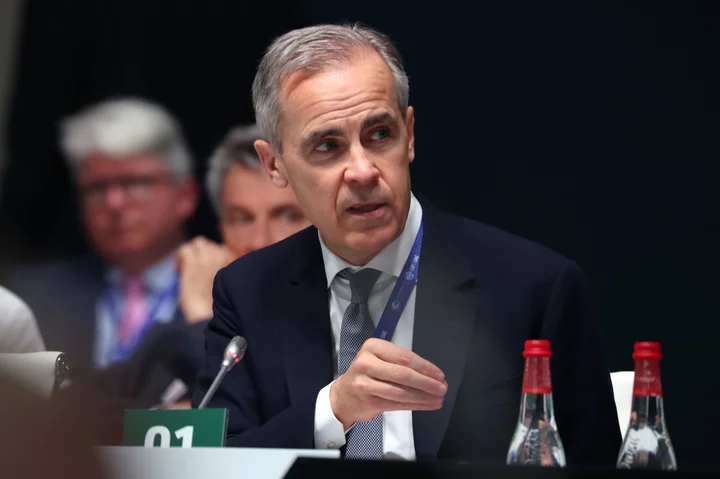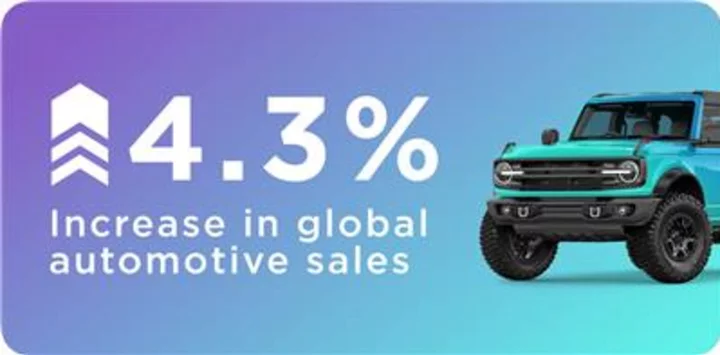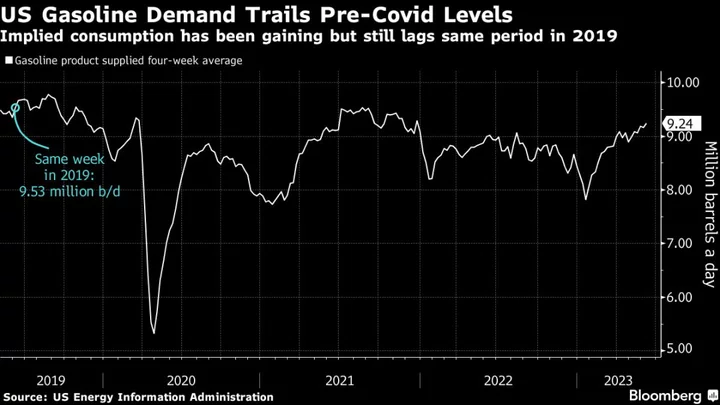Industries that account for over a third of greenhouse gas emissions are the target of a new initiative seeking to decarbonize heavy-emitting sectors.
The Industrial Transition Accelerator was unveiled Saturday at COP28 in Dubai. It aims to “catalyse decarbonization” for energy, industrial, transportation and other polluting companies by supporting projects needed to cut emissions consistent with credible 2030 1.5C pathway targets, according to a statement.
Heavy-emitting industries “are currently in transition traps,” Mark Carney, UN Secretary-General’s Special Envoy for Climate Action and co-chair of the Glasgow Financial Alliance for Net Zero, said in the statement. “They know what they need to do but struggle to get the investment they need to meaningfully cut emissions.”
Carney announced the launch of ITA with COP28 President Sultan Al Jaber, UN Climate Change Executive Secretary Simon Stiell and Michael R. Bloomberg, the founder of Bloomberg News parent Bloomberg LP, who also serves as UN Secretary-General’s Special Envoy on Climate Ambition and Solutions.
The initiative is backed by $30 million from Bloomberg Philanthropies. Carney, in addition to his role at the UN, is the chair of Bloomberg Inc.
The ITA will focus on “the critical challenges that are holding up existing projects from reaching their final investment decision” and will seek to help scale up green hydrogen, carbon capture, usage and storage, sustainable fuels, direct air capture and long-duration energy storage, according to the statement.
Currently, carbon emissions from heavy industry are on track to increase by more than 30% by 2050, making the goals of the Paris Agreement unattainable. At the same time, investment in decarbonization technologies has failed to match the urgency of the moment, with most still nascent and not economically viable.
The new initiative forms a growing list of voluntary groups aimed at spurring climate action across business and finance in the absence of direct government intervention. Certain groups have been criticized for lacking ambition and providing cover to climate laggards.
After the launch, governments will be invited to engage with the ITA and participate in multi-stakeholder workstreams and high-level discussions, ITA said.









